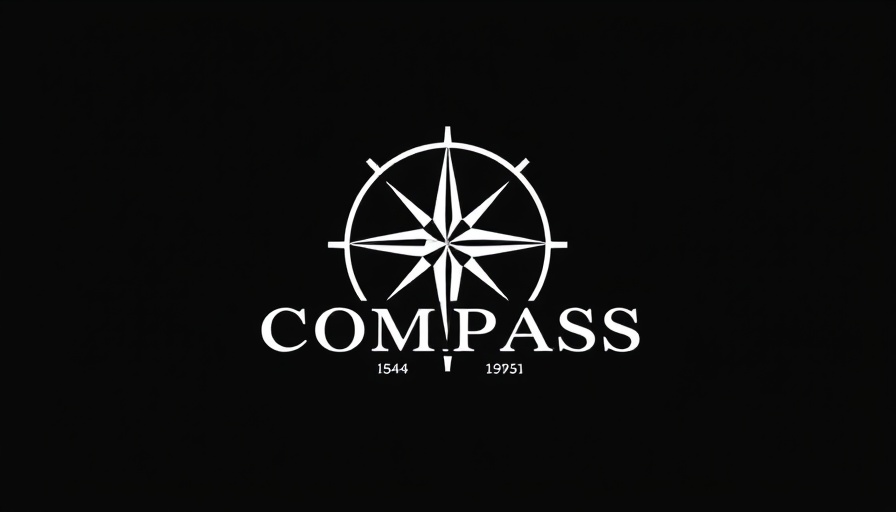
The Growing Importance of Compliance in the Tobacco Industry
The tobacco industry operates under a complex web of regulations, making compliance more critical than ever. Understanding these regulations is not just about avoiding fines; it's about building a sustainable business. Every stakeholder, from manufacturers to retailers, needs to be aware of the legalities of tobacco. This is especially true as public scrutiny increases and governments impose stricter laws.
Critical Legislation: Family Smoking Prevention and Tobacco Control Act
The Family Smoking Prevention and Tobacco Control Act (TCA) is essential for anyone involved in the tobacco business in the U.S. This legislation gives the Food and Drug Administration (FDA) comprehensive authority over the regulation of tobacco products. Compliance with guidelines concerning labeling, advertising, and even flavored tobacco products is fundamental. Recent trends indicate that flavored tobacco is increasingly banned in many states, so staying informed about local laws is crucial.
Licenses and Taxes: Requirement for Operation
Obtaining the necessary licenses and understanding taxation is another layer of legal responsibility. The Alcohol and Tobacco Tax and Trade Bureau (TTB) is responsible for overseeing federal taxation, while states may have their unique licensing requirements. Non-compliance can lead to severe consequences including fines, audits, or criminal charges. In addition, retailers must adhere to the minimum age purchasing law which has risen to 21 under the Tobacco 21 Law. Accurate age verification is not just a good practice, it's a legal requirement.
Marketing Restrictions in the Tobacco Sector
Marketing in the tobacco industry is heavily regulated to protect vulnerable populations, particularly minors. The TCA specifically prohibits misleading claims, endorsements through influencers, and even the use of cartoon characters. Compliance extends to packaging and advertising placement as well—tobacco ads are banned on television and radio, with many states prohibiting billboards and sponsorships altogether. Retailers need to ensure their tobacco product displays comply with state regulations.
Conclusion: Navigating an Evolving Landscape
As the tobacco industry continues to evolve, particularly with emerging products like e-cigarettes and vapes, businesses must stay informed about changing regulations. Navigating this landscape requires diligence and a proactive approach to compliance. Ensuring legal compliance not only fosters trust with consumers but also paves the way for long-term success in a scrutinized market.
 Add Row
Add Row  Add
Add 




Write A Comment